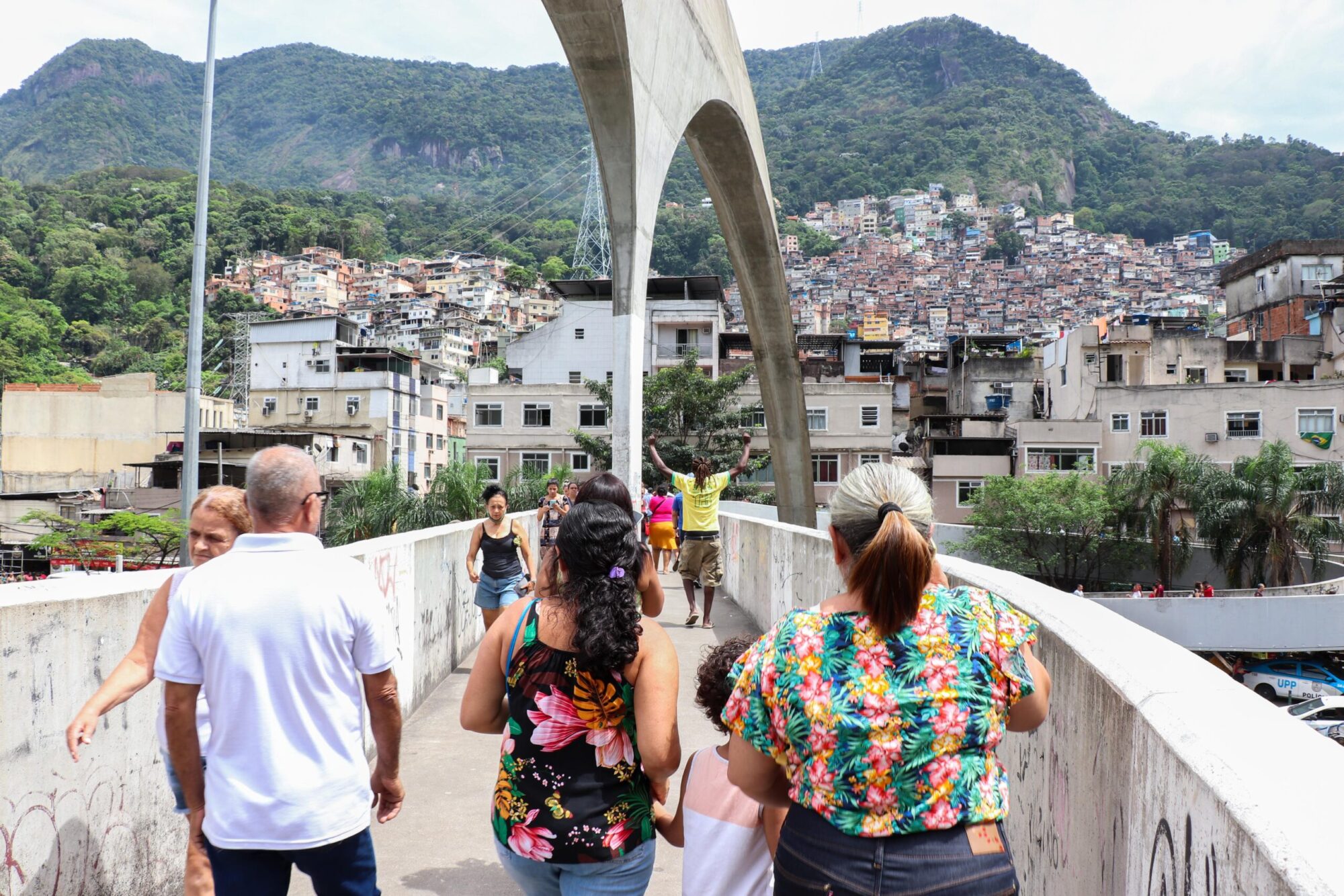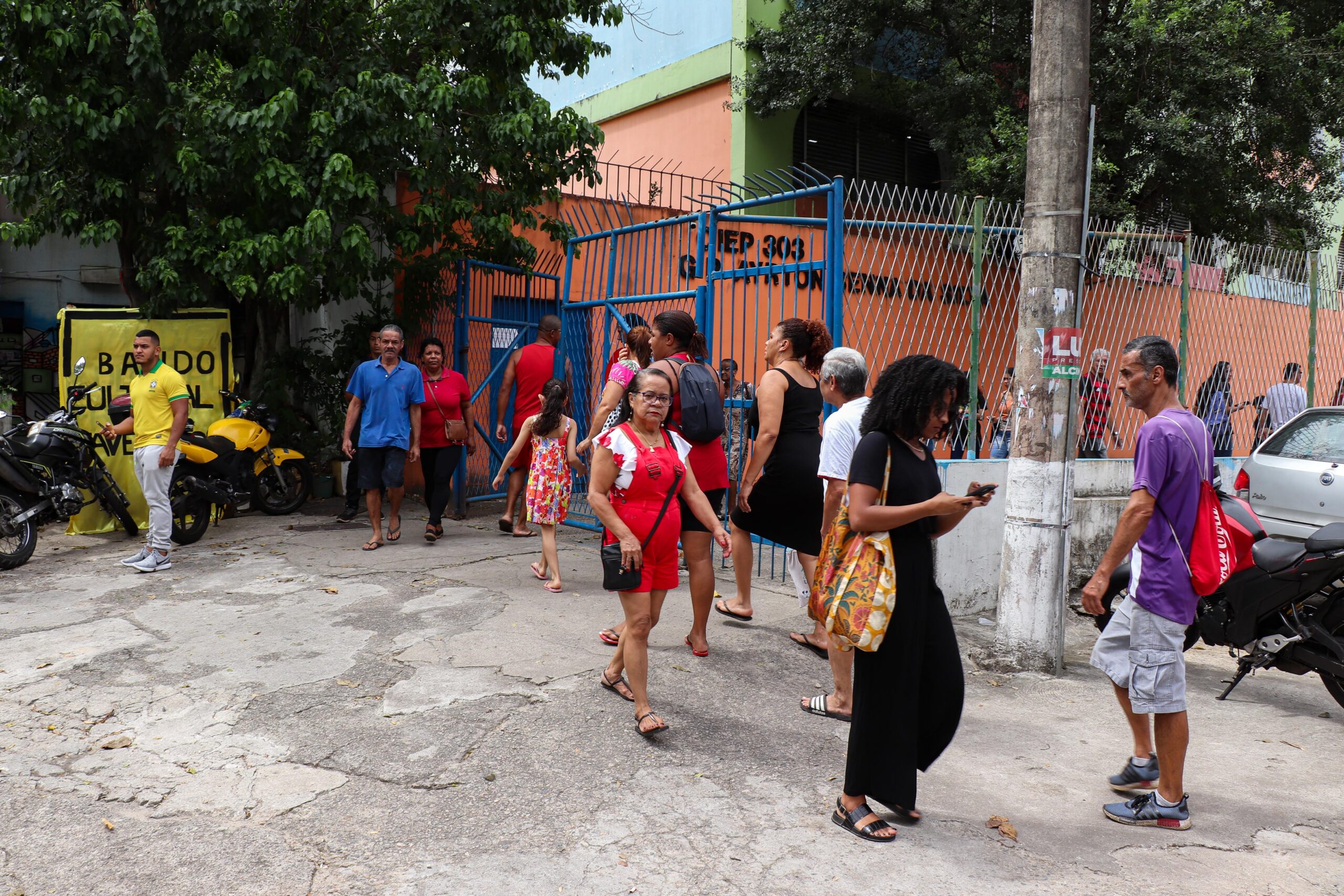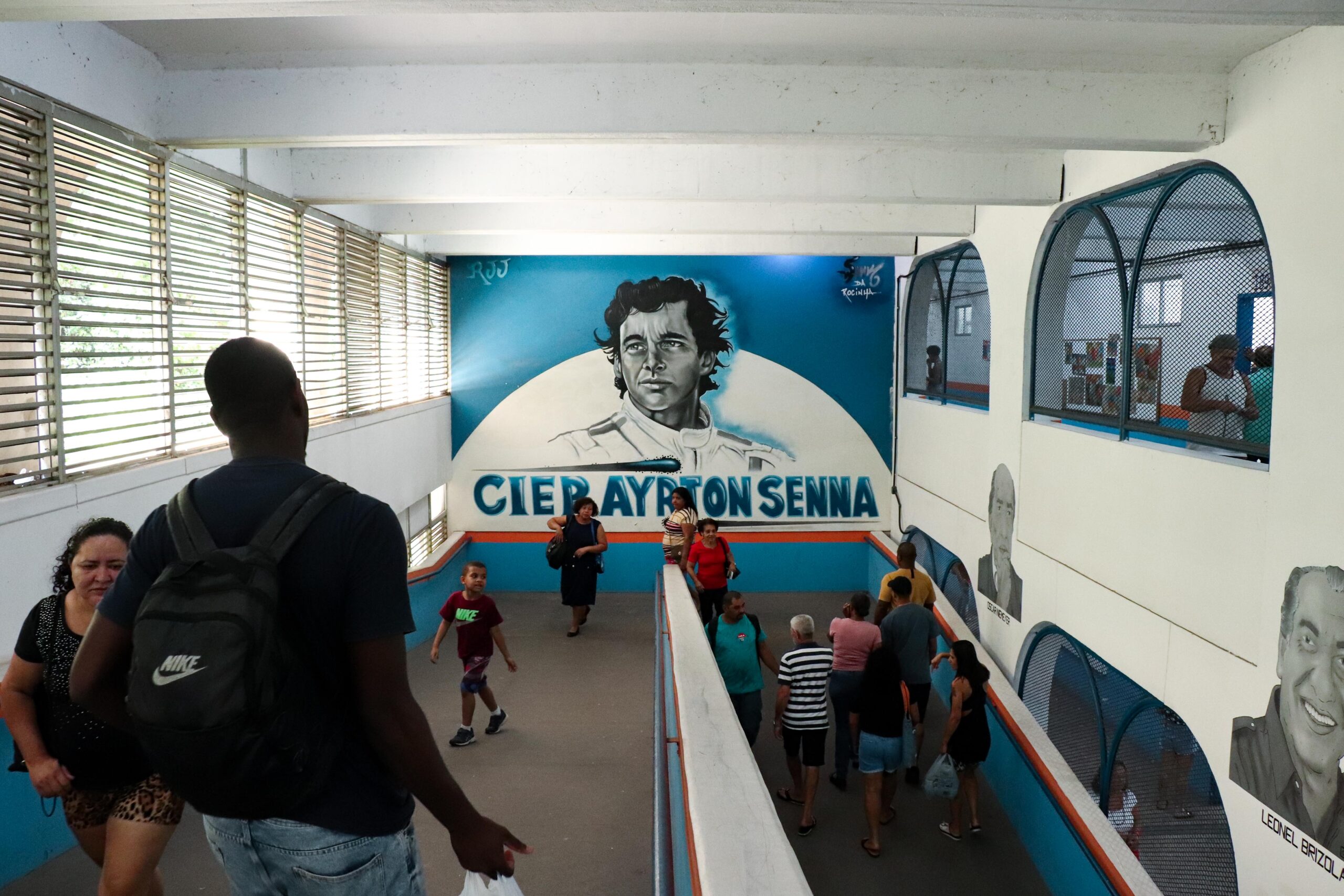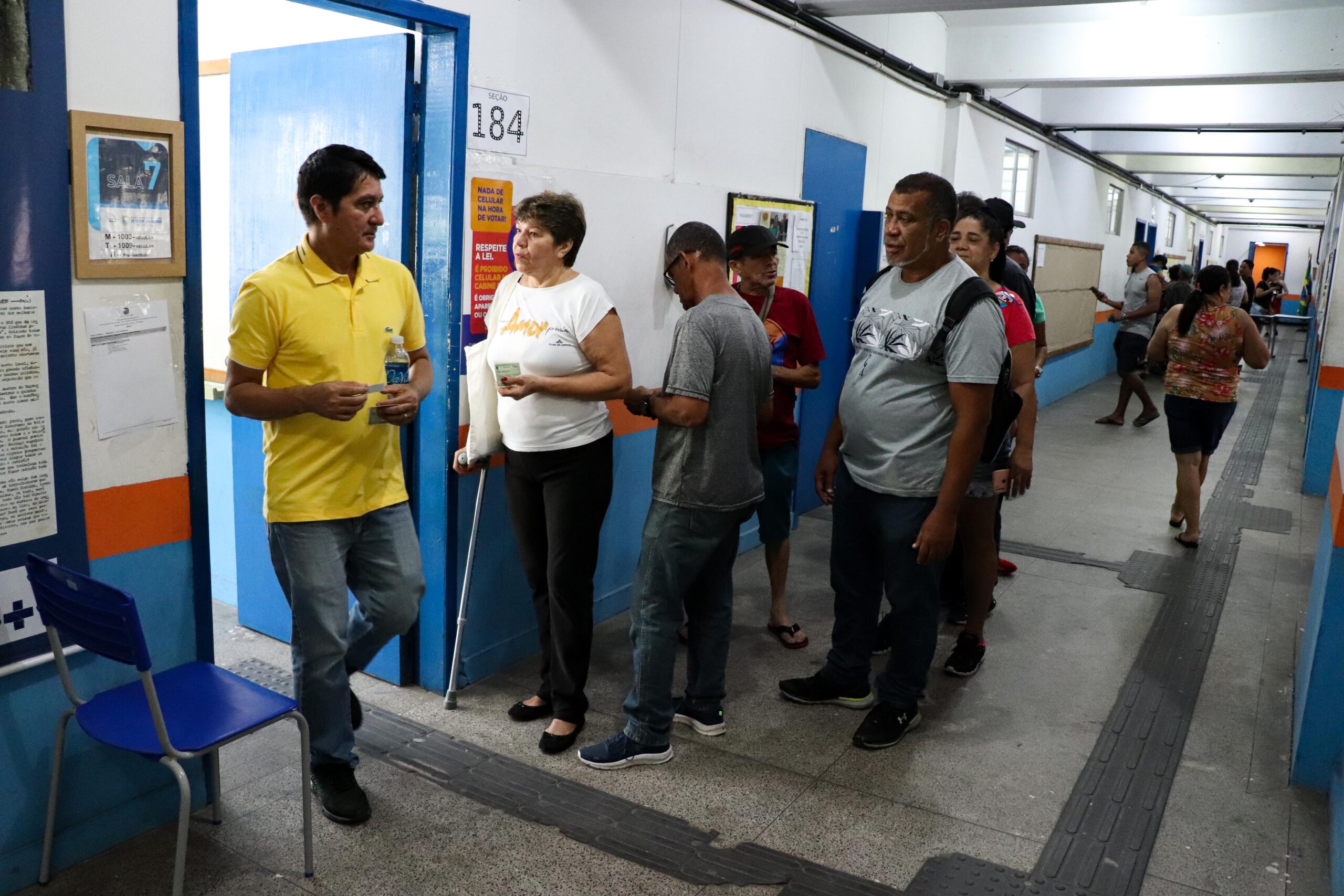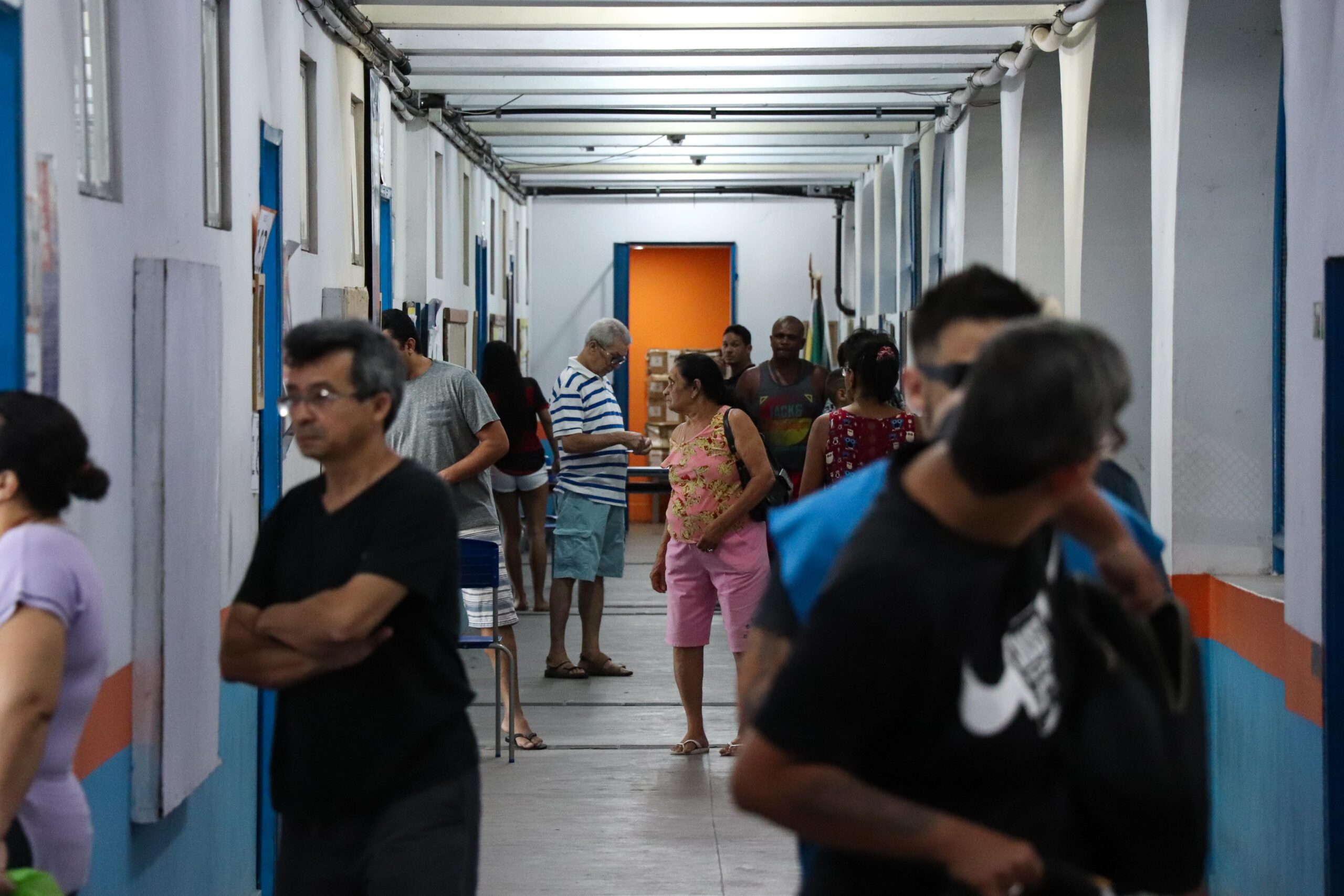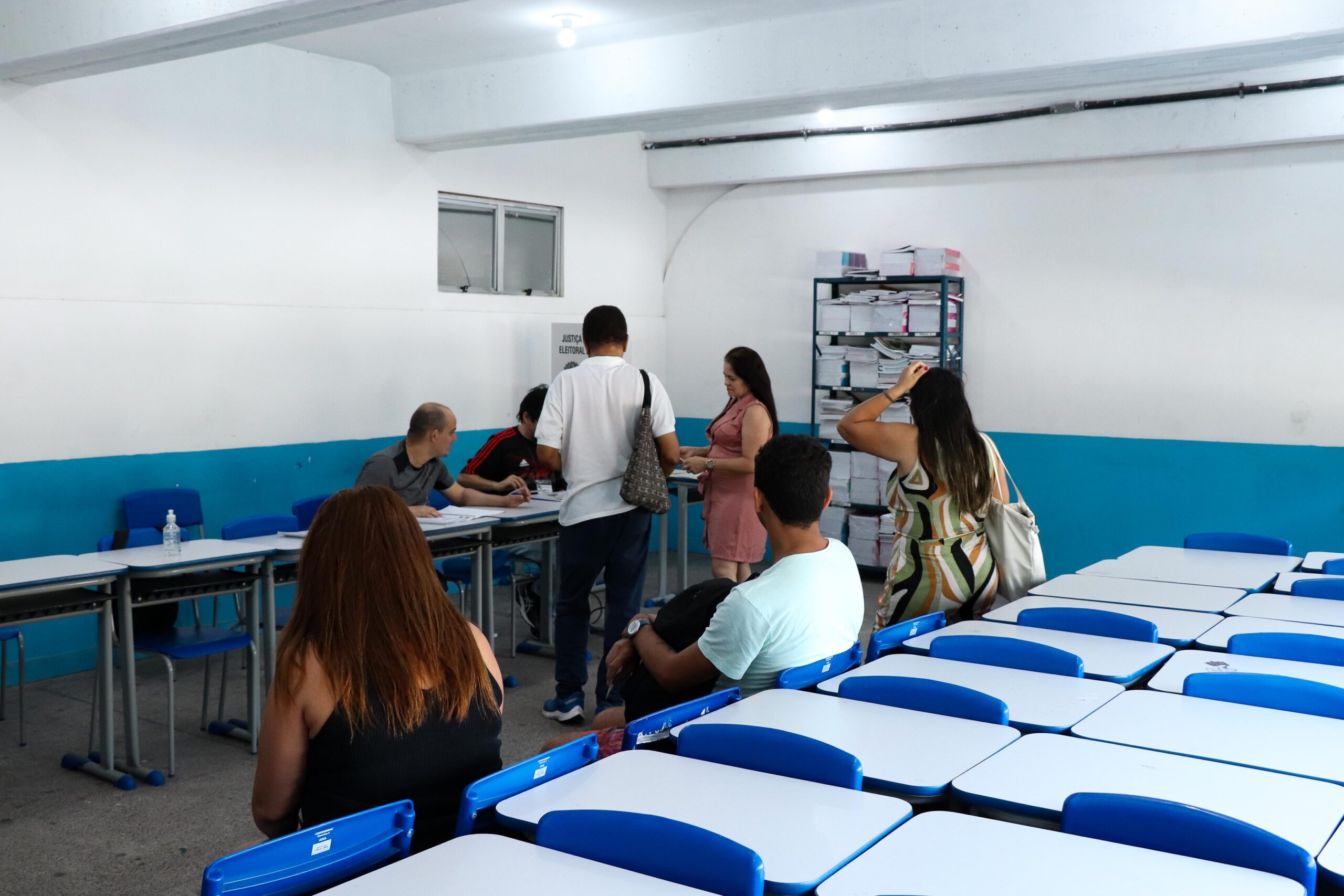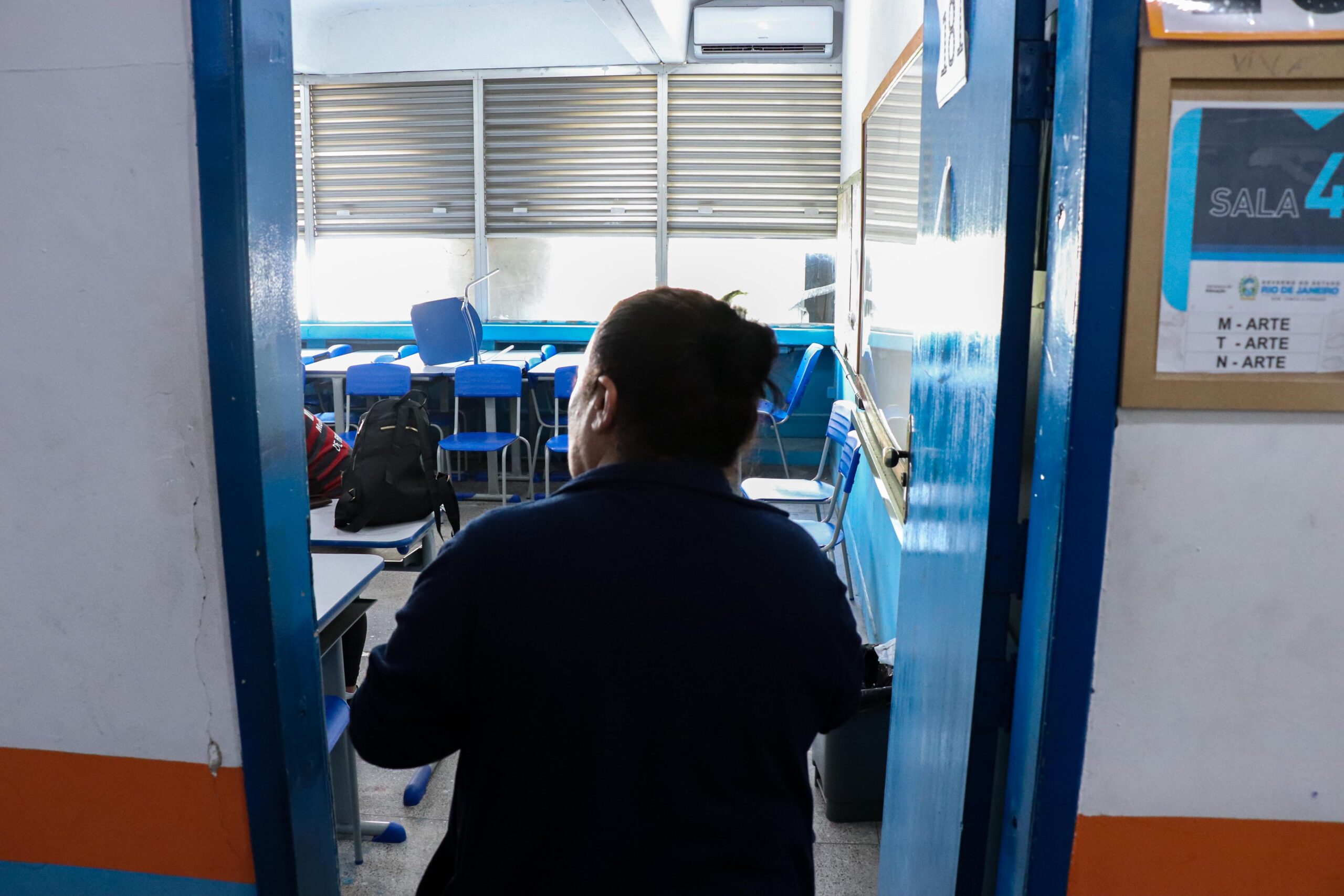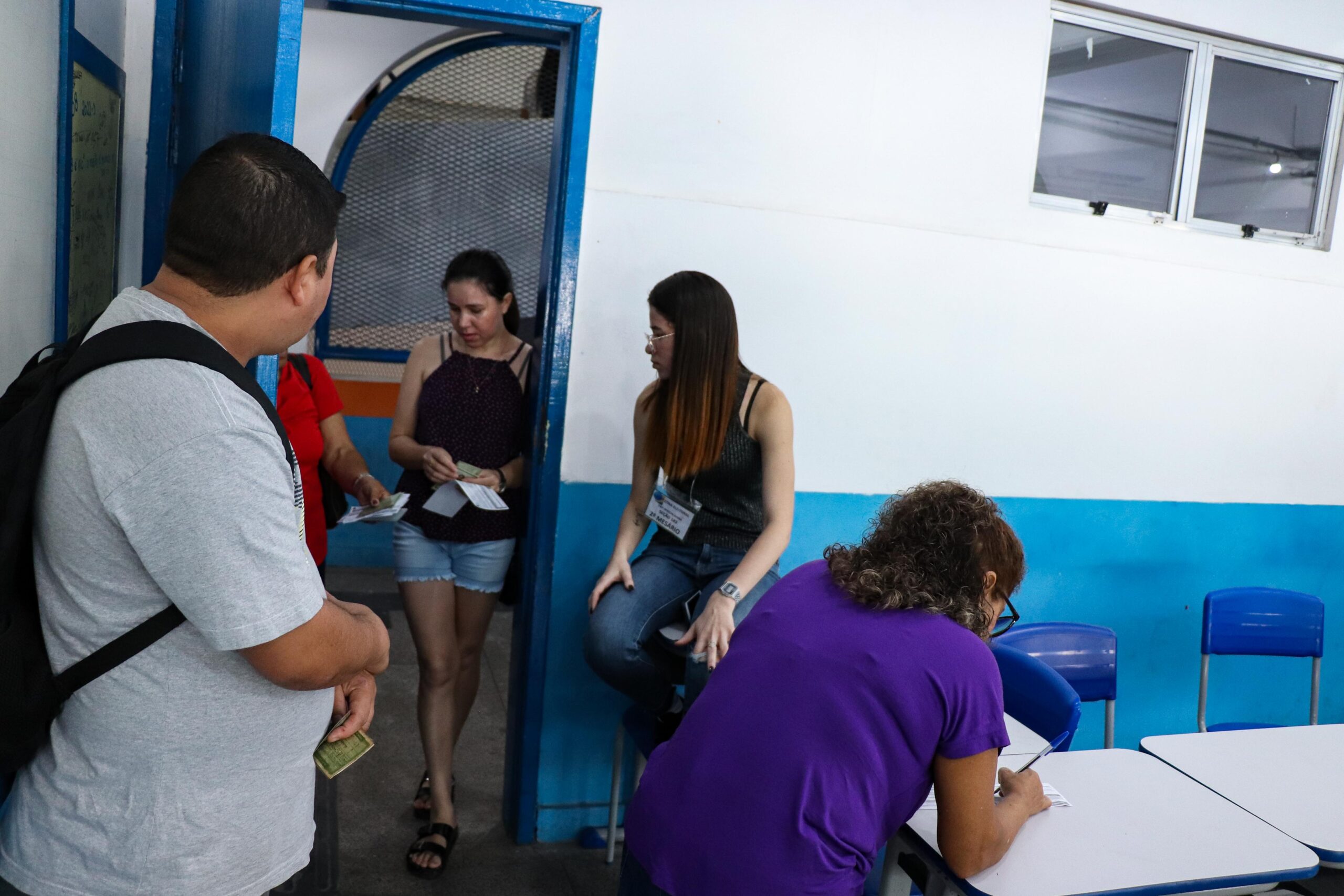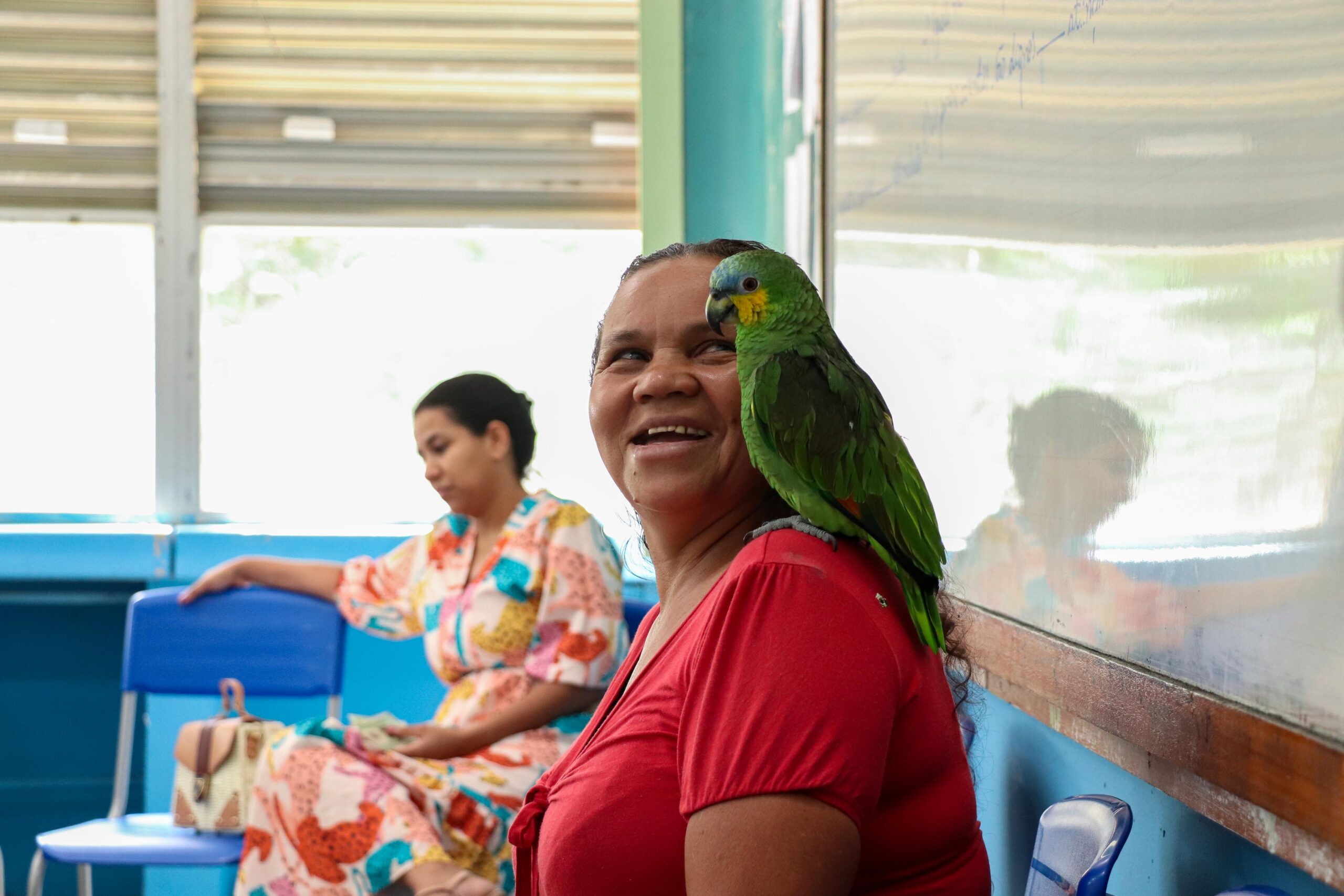Latest News
- [ January 29, 2026 ] ‘It’s the Place of Resistance of Our Existence’: Duque de Caxias’ Culture Manor is a Hub for Art, Education and Leisure by Community Contributors
- [ January 13, 2026 ] 10 Years Since the Rio Olympics: Vila Autódromo Continues to Resist Gentrification Pressures Amidst New ‘Olympic Barra’ Neighborhood #EvictionsWatch
- [ January 8, 2026 ] COP30 Civil Society Rundown: Thousands of Communities and Social Movements, Representing Favelas, Indigenous, Quilombola and Other Marginalized Groups Fill Belém During COP30 [IMAGES] *Highlight
- [ December 31, 2025 ] ‘What We Want Aren’t Bodies on the Ground… It’s Recognition of [Our] People Creating Solutions’: Penha Favelas Hold Composters and Integrated Health Events Highlighting Local Climate Memories *Highlight
- [ December 26, 2025 ] 2025 Retrospective of Top International Reporting on Rio’s Favelas #MediaWatch

